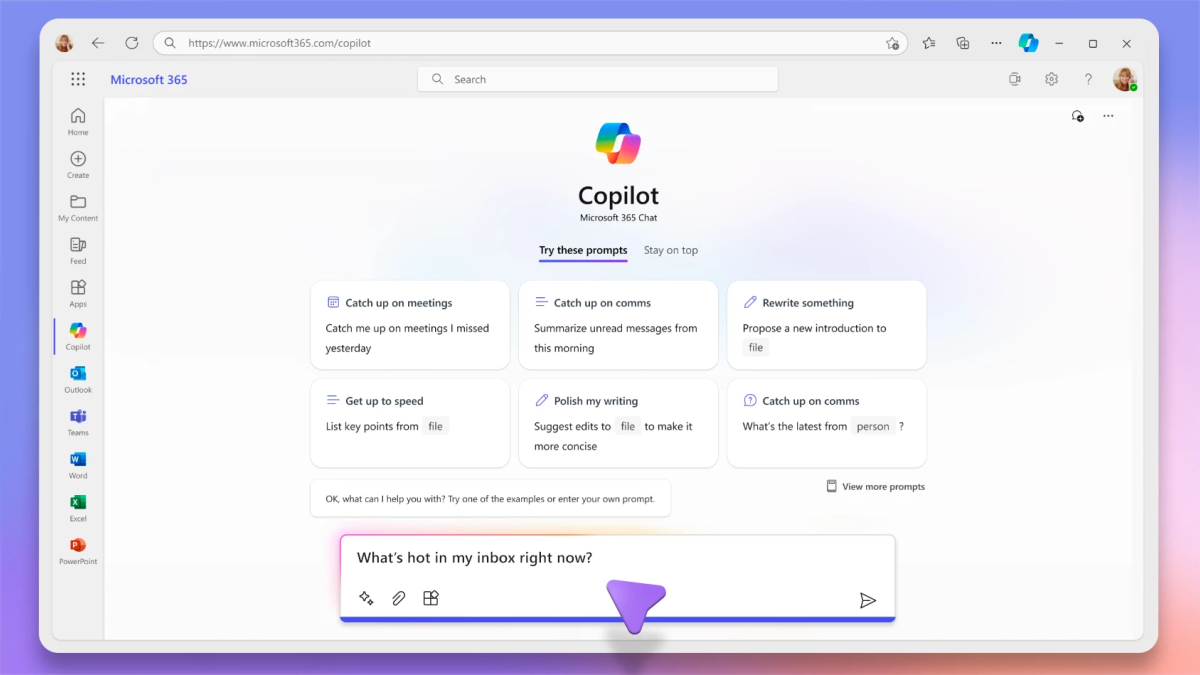Microsoft will fix currently exploited vulnerability affecting IE9,10 and 11
2 min. read
Published on
Read our disclosure page to find out how can you help MSPoweruser sustain the editorial team Read more

At 7.44% Internet Explorer still has more market share than Edge and only slightly less than Firefox. It is therefore good news that Microsoft is set to fix a flaw in the browser which could result in Remote Code Execution if some-one visits a specially crafted website using the software.
Microsoft’s advisory for ADV200001 Scripting Engine Memory Corruption Vulnerability reads:
A remote code execution vulnerability exists in the way that the scripting engine handles objects in memory in Internet Explorer. The vulnerability could corrupt memory in such a way that an attacker could execute arbitrary code in the context of the current user. An attacker who successfully exploited the vulnerability could gain the same user rights as the current user. If the current user is logged on with administrative user rights, an attacker who successfully exploited the vulnerability could take control of an affected system. An attacker could then install programs; view, change, or delete data; or create new accounts with full user rights.
In a web-based attack scenario, an attacker could host a specially crafted website that is designed to exploit the vulnerability through Internet Explorer and then convince a user to view the website, for example, by sending an email.
Microsoft told TechCrunch that it was was “aware of limited targeted attacks” and was “working on a fix.” The flaw appears similar to one affected Firefox and is credited to the same China-based security research team, Qihoo 360.
Microsoft will however not release an Out of Band update like last year, meaning users will have to wait until next Patch Tuesday on the 11th February.
The flaw is so severe Homeland Security issued an advisory. Paradoxically Internet Explorer is most likely used with sensitive data as it is generally enterprise users who remain stuck on the browser due to needing to support specially coded web apps.
There are mitigation techniques admins can use, which can be found in Microsoft’s guidance here.
Via Engadget









User forum
0 messages